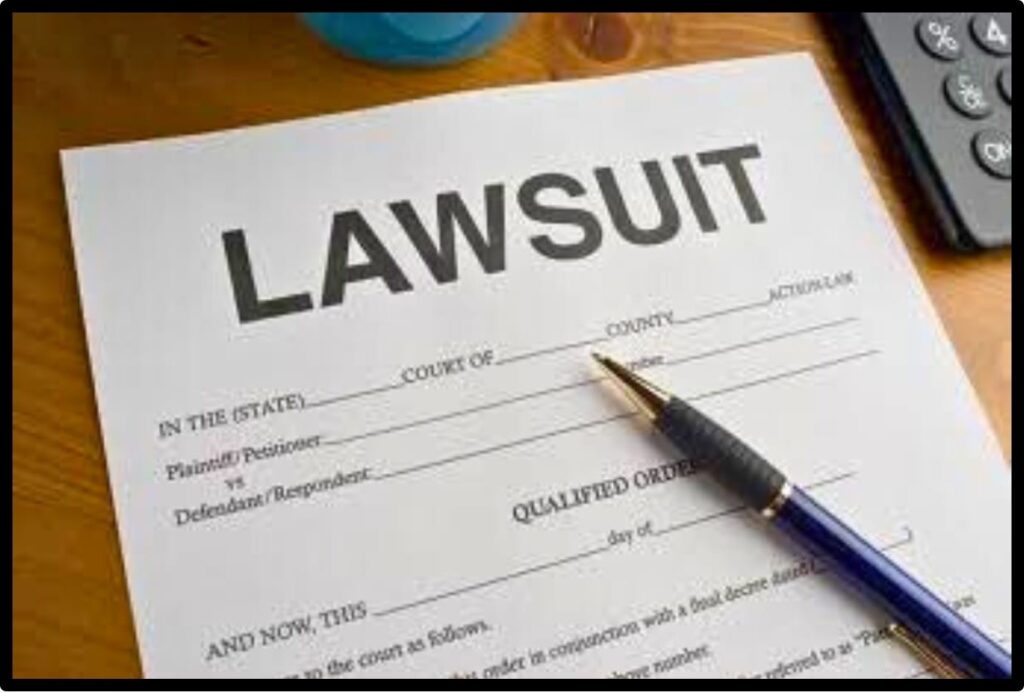
Can I hire a lawyer to sue my employer? This is a common question among employees in many organizations.
The truth is that resolving some employer-employee disputes requires external intervention. But to avoid potential challenges I may have to hire a lawyer to sue my employer.
When Can I Sue My Employer?
Here are five instances when you may have grounds to sue an employer:
Discrimination
If you believe you have been treated unfairly due to your race, gender, age, religion, disability, or any other protected characteristic, you may have a discrimination case. This could include being passed over for promotions, receiving unequal pay, or experiencing a hostile work environment.
Harassment
Many employees are subjected to different forms of harassment, such as sexual, verbal, or physical abuse. If your employer fails to take appropriate action to address the issue, you may have grounds for a lawsuit. Ensure to document instances of harassment and report them to your employer or HR department.
Retaliation
If you face adverse actions, such as demotion, termination, or a hostile work environment, because of reporting illegal activities, safety violations, or discrimination, you may be able to sue for retaliation. Labor law protects employees from facing repercussions for speaking up about wrongdoing in the workplace.
Wage and Hour Violations
If your employer fails to pay you the minimum wage, denies overtime pay, misclassifies you as an independent contractor, or withholds wages, you may have a case for wage and hour violations. It’s important to keep records of your hours worked and pay stubs to support your claim.
Breach of Contract
If your employer violates the terms of your employment contract, such as failing to provide agreed-upon benefits, bonuses, or job security, you may be able to sue for breach of contract. Ensure you have a written contract and gather evidence of the breach.
What Are The Potential Risks of Suing An Employer?
When considering suing an employer, it’s important to be aware of the potential risks involved, such as:
Legal Expenses
Lawsuits can be expensive, with costs including attorney fees, court fees, and other related expenses. Even if you win, you may not fully recover these costs.
Time and Stress
Lawsuits can be lengthy and emotionally draining. They require time and energy, potentially impacting your personal and professional life. It’s important to consider whether the potential outcome justifies the toll it may take on your well-being.
Damage to Reputation
Legal disputes can attract attention, potentially damaging your professional reputation. Future employers may view you as litigious, which could impact your career prospects.
Uncertain Outcomes
Lawsuits are unpredictable, and there’s no guarantee of success. Even if you have a strong case, factors like evidence, witnesses, and the judge’s interpretation can influence the outcome.
Suing your employer comes with many risks, including job loss. So, it’s wise to hire an employment attorney to evaluate the specifics of your situation and determine the best course of action.